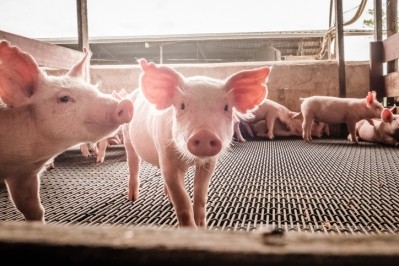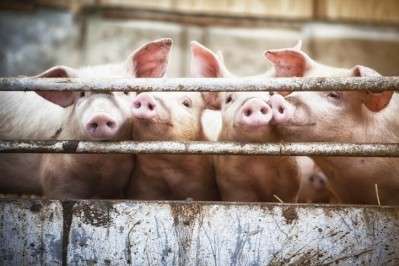Hamlet Protein and Danbred develop manual aimed at optimized pig feeding

High and volatile feeding costs; pressure to reduce medication; limitations on the use of antibiotics, an upcoming ban in the EU on the pharmaceutical use of zinc oxide and the threat of diseases, among other hurdles, all create a challenging environment for pig producers around the world.
In such an environment, nutrition can make a difference, together with good farm management and strong genetics, claim the developers.
“Next to genetics and good management practices, nutrition is an important part of achieving the full potential of the Danbred piglets. Through this feeding manual we intend to provide a guideline on how to feed piglets in the most economical way, whilst addressing the increasing pressure on the use of additives and medication,” said Ashley Norval, knowledge transfer manager, Danbred.
Farmers can access the manual online. It is essentially a guideline for pig farmers, globally, on how to create the most efficient and effective pre-starter and starter feeds for piglets, according to the two organizations involved.
Based on the biological development of the piglet - their weight - three main feeding stages can be identified: 6-9kg, 9-15kg and 15kg upwards, said the partners.
The feed quality in the first two stages is key to reducing the risk of post weaning diarrhea (PWD), said the developers.
In the critical period from weaning, the piglet's small intestines are growing by 15cm a day, but the enzyme capacity is initially still immature. "Investing in healthy nutrition, low in antinutritional factors, in this phase is setting the stage for a healthy and economic performance of the fattening pig," commented Jes Klausen, swine nutritionist, Hamlet Protein.
Overall, to support pig production using fewer antibiotics, a thorough understanding of antinutritional factors in diets is key along with ensuring high protein digestibility and the use of prebiotic carbohydrates to manipulate the animal’s microbiome, he told us.












